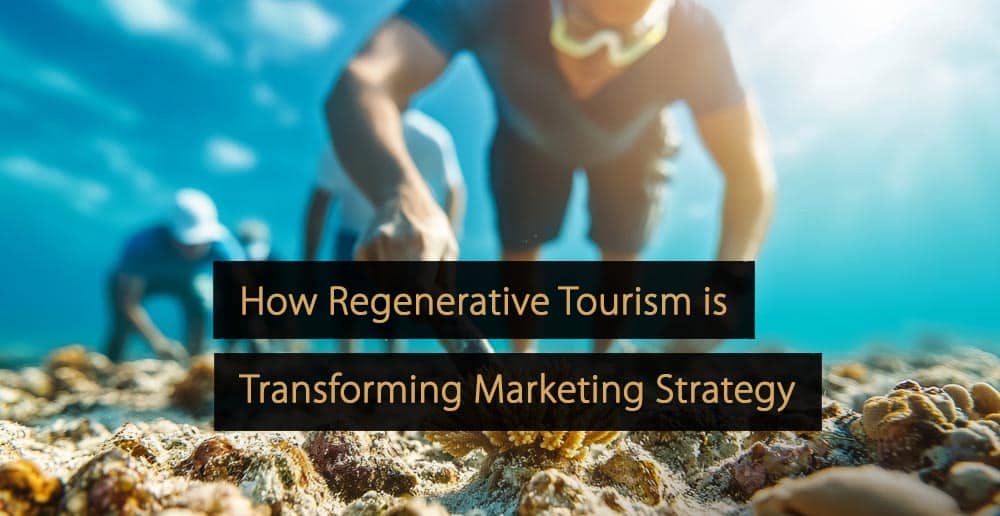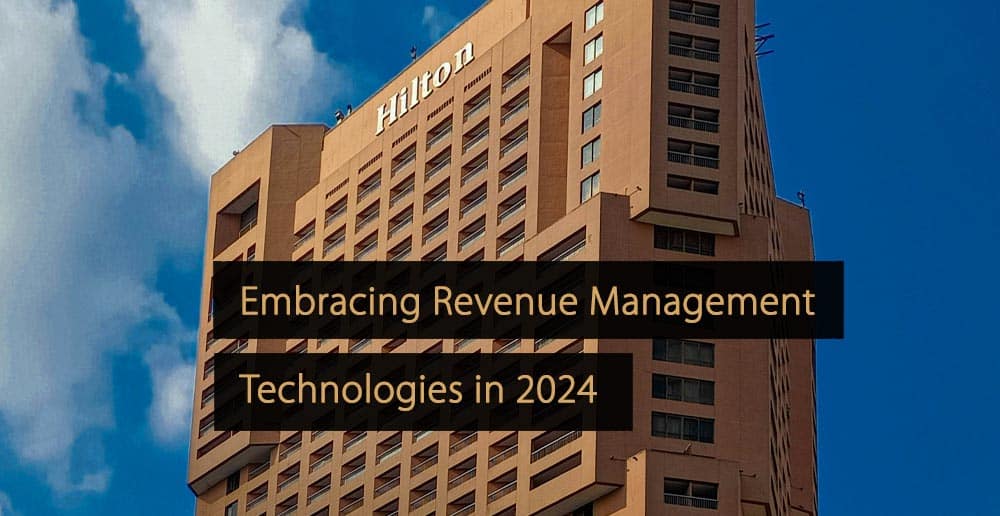There’s no doubt that 2022 brought terrific developments for the hospitality industry. Most countries reopened their borders and did away with travel restrictions, and demand matched or even exceeded 2019 levels.
However, it’s not smooth sailing all around. Our sector faced many ongoing challenges due to the pandemic, and some new issues cropped up, too. What could have been the first “regular” travel year since 2020 is now looking questionable due to the looming recession in many countries.
Despite that, hotels still have chances to flourish, but these will probably take a different shape from what the sector may have hoped or anticipated.
Applauding The Travel Industry’s Amazing Recovery
Covid-related travel restrictions finally became a thing of the past in most nations in 2022. Pent-up demand and the ability to eventually travel again caused occupancy and RevPAR levels to surge. By mid-to late-2022, 80% of markets saw results close or equal to their 2019 numbers, STR found.
“Seeing the industry recover so strongly is great for many reasons. First and foremost, it proves that we’re extremely resilient, despite facing the sector’s hardest-ever challenge. It also proves our industry’s value. The desire to travel, meet in person and create new experiences can’t be wiped out, even by something as formidable as a global pandemic.
Even though travel was quickly marked as ‘non-essential’ in early 2020, it’s clear that people need it to thrive. Given the circumstances, that was surely the right call, but it’s good to have shrugged off this label again,” says Atomize founder Alexander Edström.
Beating projections of sluggish growth or recovery is always satisfying. While analysts hastily predicted the demise of business travel and in-person MICE, even these domains are alive and well. Cvent, one of the top meeting and event technology suppliers, heard from 83% of planners that they want to host in-person events in 2023.
Going Through High-demand Periods with Understaffed Teams
Even though the rebound in hospitality and travel was outstanding, it presented unforeseen difficulties, such as sharp demand fluctuations. And they brought about their own set of issues.
Businesses across the hotel industry are having difficulty filling positions. According to the World Travel and Tourism Council, one of every nine posts is currently vacant in the European Union. In North America and other regions, things appear to be similar. This has caused properties everywhere to spread their current teams more thinly. Changing guest expectations and a growing desire for more individualized services have also increased the pressure on hotel staff.
This has had two main implications. First, your hotel must offer an attractive work environment that provides added flexibility, competitive pay, and good overall conditions. The ongoing labor crisis may impede long-term growth and lessen your property’s ability to drive revenue if it doesn’t. Second, find ways to work more efficiently. The easiest way to do this is to leverage technology and automation. Fortunately, modern travelers are more accepting of and even anticipate tech-driven services.
Responding to The Call for a More Digitalized Guest Experience
Hotels began looking towards online services and automation when it became necessary to limit in-person contact for safety reasons. Digital services that have exploded in popularity over the past two years include automatic upselling, online check-in and check-out, and chatbots. Visitors have welcomed these new options and wish to see more of them even though face-to-face encounters are once again seen as safe.
Hotels need to revisit their processes and service delivery to find friction points. Then they can implement new tech solutions to create a better experience for guests and the team. This can seem difficult, especially if you’ve never been enthusiastic about upgrading or investing in technology. However, it’s also a great opportunity because new tech solutions can help your team work faster and more effectively.
Many hotel operators felt a strong need to seize this opportunity at the height of the pandemic. After all, some tools had been critical to their business’ survival. But by now, the longer-reaching benefits have also become clear, and many hoteliers have decided to stick with the new tools they implemented. They’ve understood that this is the best way to fulfill travelers’ desire for more customized experiences and to make their hotel stand out in a competitive market.
Navigating Volatile Times Successfully
Constantly revised travel restrictions were another challenge hoteliers had to deal with. But even once they were lifted, the changing booking trends among leisure and business guests meant that previous demand patterns wouldn’t return in many markets. Therefore it’s still difficult to correctly forecast demand and consistently determine the ideal price.
Live market and demand data became an essential tool in the decision-making process. Hotels that embraced this approach saw comparatively good results despite the trying circumstances. Manually monitoring markets and setting rates only yielded modest outcomes. Today’s massive data volume makes this approach too time-consuming for even the best revenue teams.
Properties that used automated RMS did much better. They won business despite the volatile situation. VESTA Hospitality, for instance, grew its RevPAR by over 16% after implementing an automated revenue management system.
The Necessity for Tech-driven Processes and Real-time Decision-making
The need to leverage technology in operational and commercial departments increased during the pandemic. They played a key role in a hotel’s success throughout 2022 and only keep gaining importance in 2023 and beyond.
Revenue management is the best example. The many unpredictable demand changes made real-time rate updates a critical tactic. Additionally, traditional approaches like generating demand through discounts no longer worked. Travel restrictions have made even the best deals lose their power. This convinced more hoteliers to try business intelligence solutions and an automated RMS. The goal was to support their teams and give them the tools they needed to focus more on strategic work. But that’s just the beginning.
“Leveraging the power of modern tech tools is important for guaranteeing your property’s success now and in the long run. But for the best results, go one step further. Prioritize tools that integrate, share data and provide live market and performance insights. This is essential not only for commercial solutions like RMS and business intelligence tools but for the entire tech stack because it streamlines workflows and allows for the best possible decisions on all fronts – something that will remain crucial as hotels keep competing fiercely for business in 2023,” Alexander goes on to say.
A Deepened Commitment to Providing Value
If you did your research and implemented new tech tools over the past two years, you’re in a stronger position now. The pandemic may no longer be keeping people at home. However, high inflation rates and the looming recession are getting in their travel plans. Since many travelers have seen their spending power diminish over the past months, they’re especially interested in deals that offer extra value.
The hotel sector must deal with rising resource and labor costs at the same time.
Most media coverage on this topic has focused on restaurants, but hotels are in the same boat. And despite being able to increase their rates, the higher costs of doing business cancel out more than properties can correct for.
When there’s pressure to cut rates all while costs rise, you must do two things at your hotel. First, offer value-packed deals that justify the higher rates needed to cover costs and turn a profit. Second, use smart pricing tactics to make the most of every demand shift. That only works if you have an overview of the whole market. Just looking at your direct compset isn’t enough anymore. Alternative accommodations are also relevant competitors since travelers explore all offers to find the best value. Do the same to get a complete market picture, detect new opportunities, and successfully get through the coming downturn.
“While it won’t be easy, I’m confident our industry will get through this new challenge. Luckily, we have the tools to support smart decisions and assist lean teams with nearly every aspect of running their property. More and more hoteliers are beginning to leverage these solutions; consequently, they see improved or at least consistent results even in tough times. Given this development, I look into the new year with optimism, and I’m excited to be part of hotels’ future success,” Alexander concludes.
Free Guide: The Ultimate Combination of Tools for Successful Revenue Management
As a revenue manager, you know the two primary constraints in your field: data and time. Data is essential since it enables you to comprehend what is happening in your industry.
In this guide, you’ll learn how technology can improve your decision-making and increase your bottom line by enabling you to obtain higher-quality data quickly.
Click here to download the guide “Increase Your Revenue Management Performance with Hotel Tech”.


 “Seeing the industry recover so strongly is great for many reasons. First and foremost, it proves that we’re extremely resilient, despite facing the sector’s hardest-ever challenge. It also proves our industry’s value. The desire to travel, meet in person and create new experiences can’t be wiped out, even by something as formidable as a global pandemic.
“Seeing the industry recover so strongly is great for many reasons. First and foremost, it proves that we’re extremely resilient, despite facing the sector’s hardest-ever challenge. It also proves our industry’s value. The desire to travel, meet in person and create new experiences can’t be wiped out, even by something as formidable as a global pandemic.





Leave A Comment